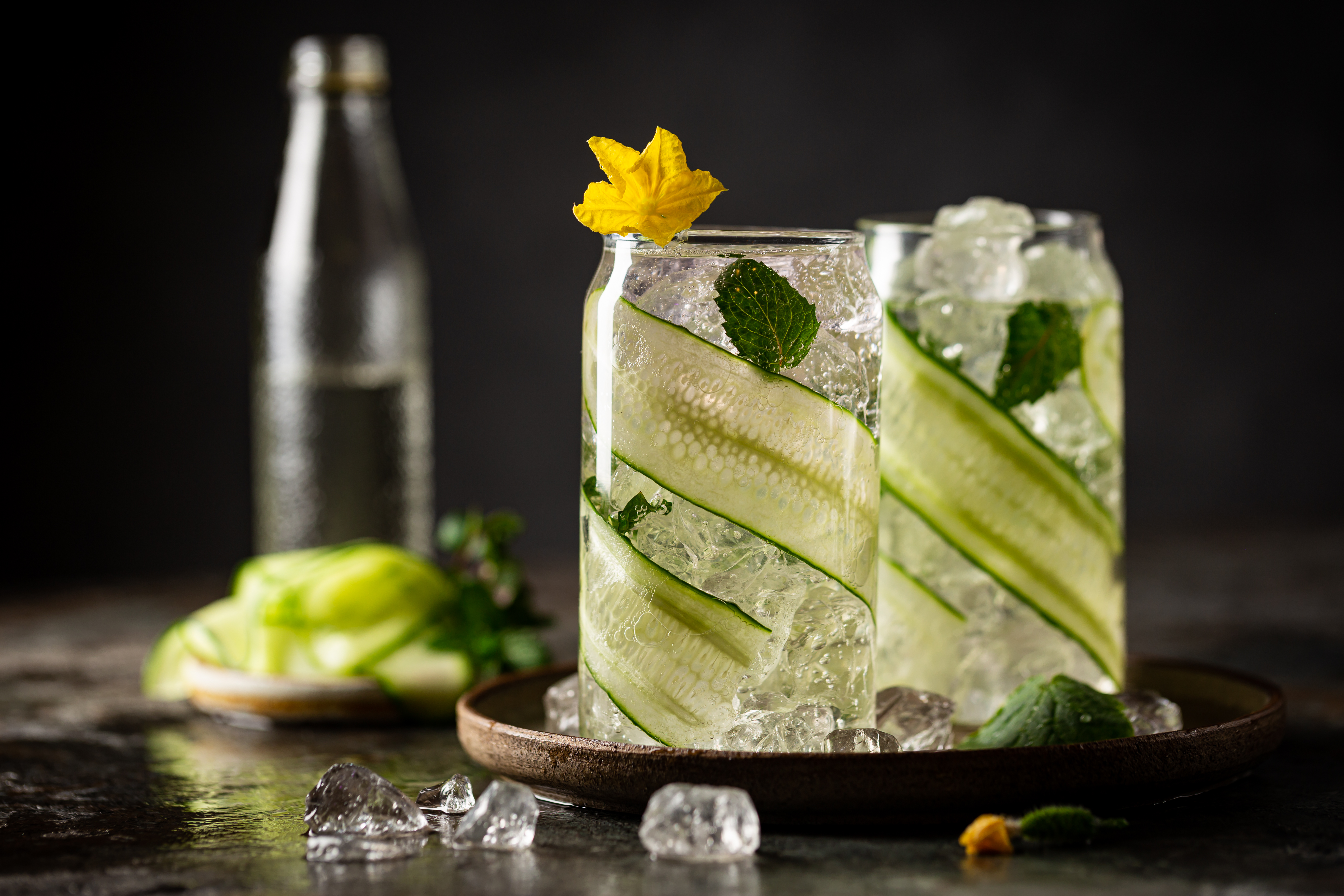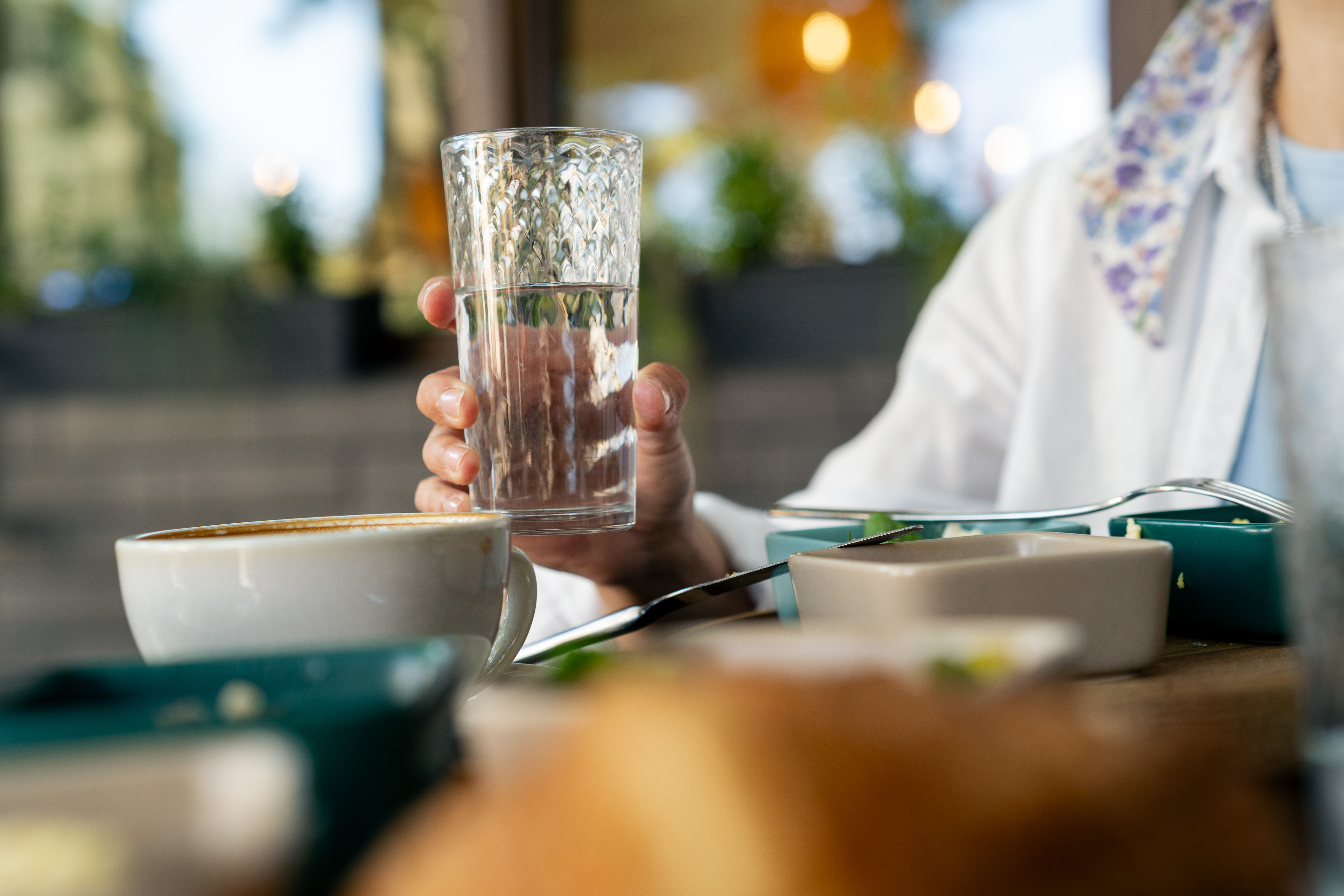Do You Really Need 8 Glasses of Water?
The widely touted "8 glasses of water a day" rule has been a staple of health advice for decades, yet its origins are surprisingly murky. This guideline is often repeated by health enthusiasts, wellness blogs, and even some healthcare professionals, but where did it come from? Some suggest it dates back to a 1945 recommendation by the U.S. National Research Council, which stated that a suitable allowance of water for adults is 2.5 liters a day. However, the report also noted that much of this quantity is contained in prepared foods. Over time, this nuanced advice morphed into the simplified and rigid "8x8" rule, urging people to drink eight 8-ounce glasses of water daily. As we delve deeper into this topic, we will uncover why this rule might be more myth than fact, providing insights that challenge conventional wisdom and encourage a more personalized approach to hydration.
1. Debunking the Science: Misinterpretations and Misapplications
The 8-glass rule is often cited without scientific backing, largely due to misinterpretations of earlier studies. While hydration is undeniably crucial for health, the blanket prescription of eight glasses doesn't account for individual variability in water needs. Scientific studies have shown that factors such as body weight, climate, physical activity, and diet significantly influence hydration requirements. For instance, a person living in a hot climate or engaging in intense physical activity may require more water than someone in cooler environments with a sedentary lifestyle. Thus, the one-size-fits-all approach of the 8-glass rule fails to accommodate these diverse needs, highlighting the importance of personalized hydration strategies.
2. The Role of Food: Eating Your Way to Hydration

One often overlooked aspect of hydration is the significant contribution of food to daily water intake. Fruits and vegetables, such as cucumbers, tomatoes, and watermelon, boast high water content and can substantially contribute to meeting hydration needs. In fact, studies suggest that approximately 20–30% of our daily fluid intake comes from food. This means that a diet rich in water-dense foods can reduce the need for additional fluid consumption. Understanding the role of diet in hydration not only challenges the necessity of the 8-glass rule but also emphasizes the importance of a balanced diet in maintaining optimal hydration levels.
